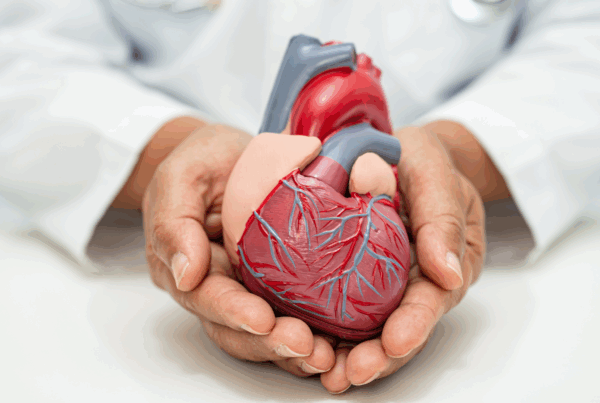Erectile dysfunction (ED), also known as impotence, is the inability to get and maintain an erection that is sufficient for satisfactory sexual intercourse.
ED is a very common condition, particularly in older men. It is estimated that half of all men between the ages of 40 and 70 will have it to some degree.
But did you know that ED can also be one of the first warning signs for underlying conditions such as atherosclerosis (narrowing of the arteries), diabetes or high blood pressure?
What causes erectile dysfunction?
ED can be caused by both psychological and physical factors. Psychological causes could include stress, anxiety or depression. Physical causes include hormonal problems, surgery or injury, or narrowing of the blood vessels.
How is erectile dysfunction a warning sign for a heart attack?
If arteries in the body are affected by atherosclerosis, this causes a reduction in the blood flow. Because the arteries in the penis are so narrow, erectile problems can be one of the first warning signs that, in addition to problems getting or maintaining an erection, you also have an increased risk of heart attack.
As with any underlying medical condition such as angina or diabetes, early detection of atherosclerosis is crucial. So as embarrassing as it may seem to discuss these types of problems, booking a consultation with a medical professional will identify the root cause of the problem and offer you the right treatment, if necessary.
Book a heart screening
Don’t put off getting a consultation if you think you may be at risk of heart disease. Increased NHS waiting times can often increase feelings of anxiety you may have about your current situation. Our tests can be carried out quickly and results are delivered within hours. We are a welcoming, comfortable diagnostics clinic based in the North West. Our consultants will identify any symptoms or risk factors you may have that are associated with heart health, and offer you clear instruction on next steps, should they be needed.
For more information in general about erectile dysfunction/impotence, please visit the NHS guidance page on erectile dysfunction (impotence) here.












